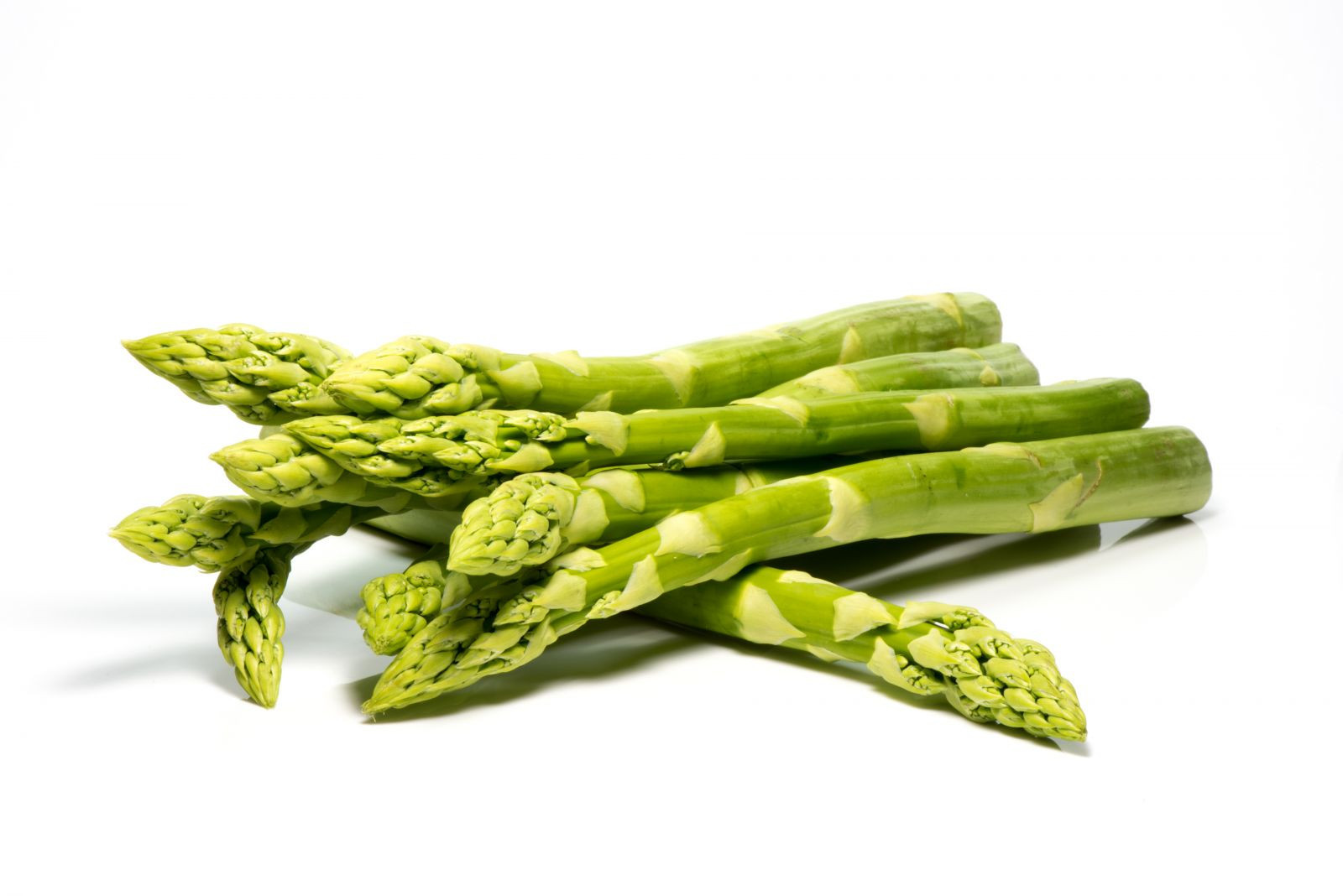
Tips to leverage neuroplasticity to maintain cognitive fitness as you age

Can white noise really help you sleep better?

Celiac disease: Exploring four myths

What is prostatitis and how is it treated?

What is Cushing syndrome?

Exercises to relieve joint pain

Think your child has ADHD? What your pediatrician can do

Foam roller: Could you benefit from this massage tool?

Stepping up activity if winter slowed you down

Common causes of cloudy urine
Kidney Disease & Health Archive
Articles
Reduce the health risks from "forever chemicals"
How to hydrate
By the way, doctor: Should I be worried about a kidney cyst?
Recently, I had a pelvic ultrasound to evaluate uterine fibroids. During the procedure, the radiologist found a cyst in one of my kidneys. Should I be concerned about kidney cancer?
Avoiding the pain of kidney stones
If you've had a stone, the problem is likely to recur — but it doesn't have to. Use these strategies for prevention.
The pain associated with kidney stones has been described by some as more excruciating than childbirth. Kidney stones are small, hard stones, formed when high levels of minerals in your urine start to crystallize in your kidneys, forming a pebble-like mass. The pain comes when these stones migrate from your kidneys through the ureters, which are the narrow tubes that carry urine from your kidneys into your bladder.
"Kidney stone pain is not subtle," says Dr. Gary Curhan, a professor of epidemiology at the Harvard T.H. Chan School of Public Health. It typically starts in the flank, at the side of the lower back. Sometimes if the stone moves, the pain migrates to the front of the body.
What’s behind racial disparities in kidney disease?
Kidney disease requiring dialysis or transplant is far more common among African Americans than among white Americans, but genetics and biology play only a small role in this excess risk; the difference is linked to social and economic injustice rooted in systemic racism, and all the added burdens associated with it.
How do you avoid kidney stone attacks?
On call
Q. I want to avoid another kidney stone attack. What's your advice about diet, coffee, tea, and alcohol?
A. The foods you eat and the amount of fluid you drink can contribute to some types of kidney stones. Certainly, you can help prevent recurrent kidney stones by paying attention to your fluid and food intake.
Novel diabetes drug may help people with heart failure, kidney disease
Research we're watching
A unique diabetes drug shows heart-related benefits in people with diabetes who also have recently worsening heart failure or kidney disease, according to two new studies.
The drug, sotagliflozin (Zynquista), belongs to a class of drugs called SGLT2 inhibitors, which cause the kidneys to release more sugar into the urine. The drug is also an SGLT1 inhibitor, meaning it decreases sugar absorption in the intestines. This dual action lowers high blood sugar, the hallmark of diabetes. In people with kidney disease, sotagliflozin lowered the total number of deaths from cardiovascular disease and hospitalizations and urgent visits for heart failure by about 26% compared with a placebo. In a second study, which included people with recently worsening heart failure, those taking the drug had a 33% decrease in those same heart-related measures compared with a placebo.
What are the long-lasting effects of COVID-19?
Ask the doctor
Q. I read that the death rate from COVID-19 is going down, but that people who recover from the infection still can remain sick for a long time. Is that true?
A. It is true, but we don't yet know how big the problem is: COVID-19 has been with us for only a year, and there hasn't been enough time to know the long-term effects.
Urine color and odor changes
Surprising factors influence urine color and odor including food and medication
Many things can alter the look and smell of your urine. When should you be concerned?
Nearly six and a half cups — that's how much urine the average person produces a day, usually in four to eight trips to the toilet. The ritual is so routine that most of us pay little attention to our urine — that is, unless it happens to look or smell different than usual.
Blood in the urine: What does it mean for your health?
Urinary bleeding can be dramatic and frightening, prompting an appropriate call to your doctor. But sometimes the call travels in the other direction; many people are surprised and alarmed to get a call from their doctors reporting that the urine that looked clear in the specimen jar actually contains red blood cells (RBCs). Either way, blood in the urine, known technically as hematuria, requires medical evaluation. Although the results are often reassuring, hematuria is a warning symptom that you should never ignore.
Blood can enter the urine from any place in the urinary tract. So the first step in understanding hematuria is to understand your anatomy.

Tips to leverage neuroplasticity to maintain cognitive fitness as you age

Can white noise really help you sleep better?

Celiac disease: Exploring four myths

What is prostatitis and how is it treated?

What is Cushing syndrome?

Exercises to relieve joint pain

Think your child has ADHD? What your pediatrician can do

Foam roller: Could you benefit from this massage tool?

Stepping up activity if winter slowed you down

Common causes of cloudy urine
Free Healthbeat Signup
Get the latest in health news delivered to your inbox!
Sign Up











